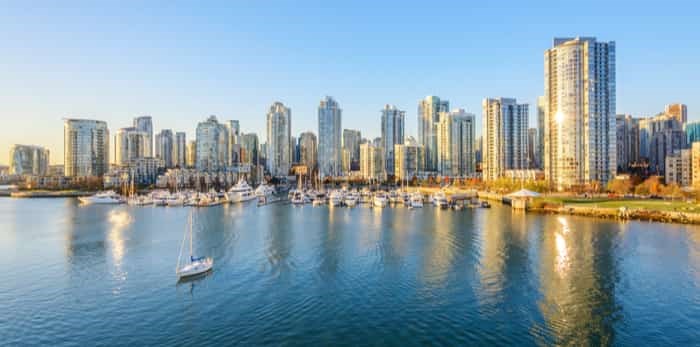 Photo: view from Cambie bridge / Shutterstock
Photo: view from Cambie bridge / Shutterstock
While the short-term Vancouver weather forecast calls for plenty of rain, Environment Canada can't say exactly how wet the city will be for the rest of winter.
With that in mind, the department has an idea of just how cold the rest of the season will be.
Vancouver Is Awesome spoke to Matthew MacDonald, Meteorologist, Environment Canada, who explained why it is easier to predict temperatures than it is to predict precipitation in the long-term.
"Due to a weak El Niño we can expect much higher than average temperatures for the remainder of winter," said MacDonald.
"Of course, forecast confidence decreases over time, but we are able to study particular weather patterns to provide clues as to what the future will hold. In particular, El Niño is an important phenomena to track - it can drastically change local weather - it has a major impact."
According to the Earth Observatory, NASA, El Niño takes place every two to seven years, and brings with it some unusually warm temperatures.
"Though El Niño is not caused by climate change, it often produces some of the hottest years on record because of the vast amount of heat that rises from Pacific waters into the overlying atmosphere."
The department gathers information from studying weather patterns across the equatorial Pacific. Changes in winds and water currents, even from extremely far away, may cause significant weather events in Vancouver.
So, even though an impressive 18 record lows were set in the province in early October, it looks like the Lower Mainland will see some fairly mild temperatures for the remainder of winter.


